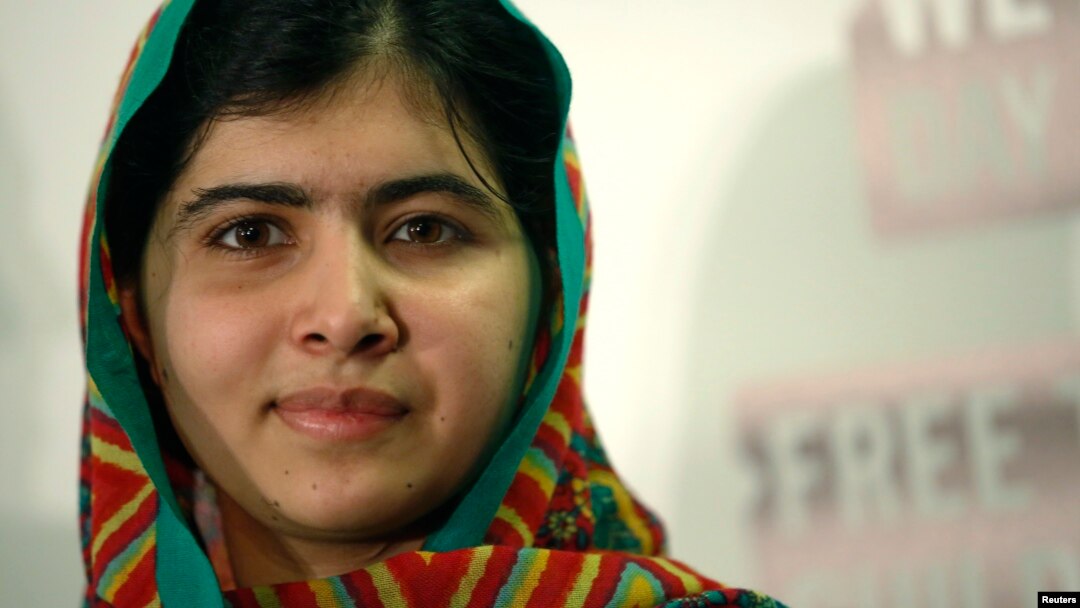When girls are targeted by terrorists, no matter where they are in the world, it hits home for Malala Yousafzai.
In 2012, she was shot and nearly killed by the Pakistani Taliban because of her efforts to promote education for women and girls. The attack only amplified her voice.
In an exclusive interview with VOA's Deewa service, the Pakistani human rights activist said she considers it her "duty" to speak up for the more than 200 teenage girls kidnapped by Islamic radical group Boko Haram in Nigeria.
"I stand up with those girls for their rights ... and I request the whole world that they should also raise their voices for those girls," Yousafzai said recently.
Boko Haram – whose name in Hausa means “Western education is a sin” – abducted the girls from a secondary school in the Nigerian town of Chibok on April 14. The militants killed hundreds of students, both male and female, in previous attacks on schools.
"I believe that every girl has the right to go to school,” said Yousafzai, who’ll turn 17 on July 12. “And girls in Nigeria also have the right to go to school. It’s their right to go to school to get education, as it is the right of girls in the developed countries."
In late June, suspected Islamist militants carried out another mass kidnapping in the same region – the northeast state of Borno – seizing 60 women and girls.
Yousafzai is worried for their safety.
"We don’t know in what conditions those girls are,” she said. “They are all alone, they are without their families, and no one knows what feelings they would have at this time."
Nigerian authorities have been unable to rescue the girls, despite intelligence and surveillance help from the United States and other countries.
Officials have expressed concern that any military operation to free the girls would endanger their lives.


